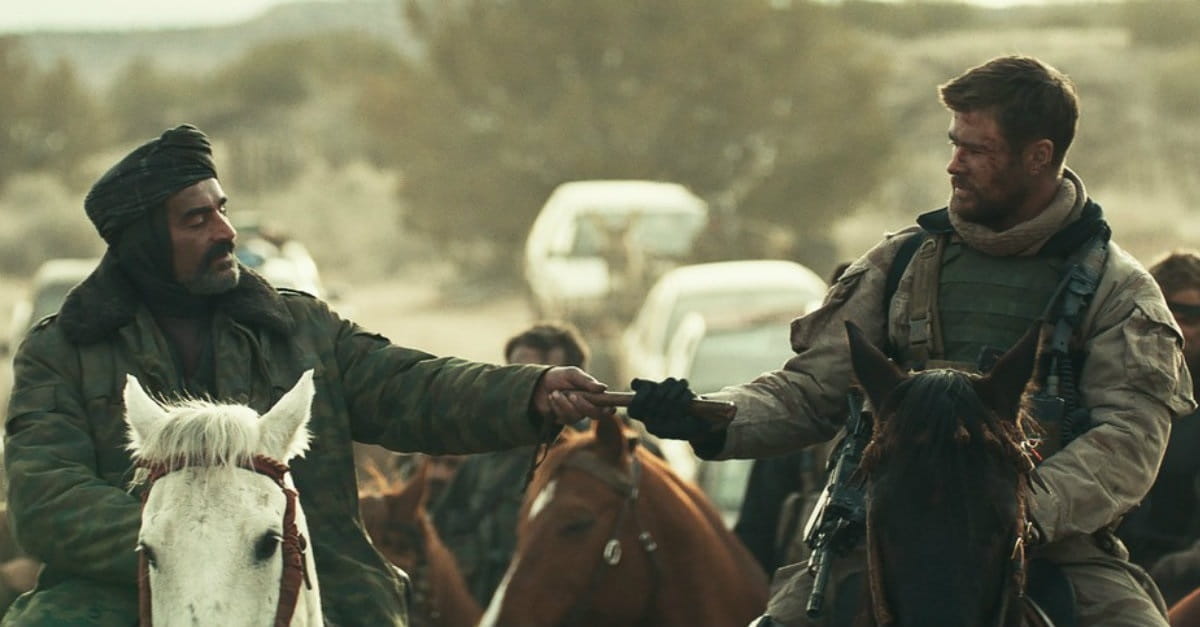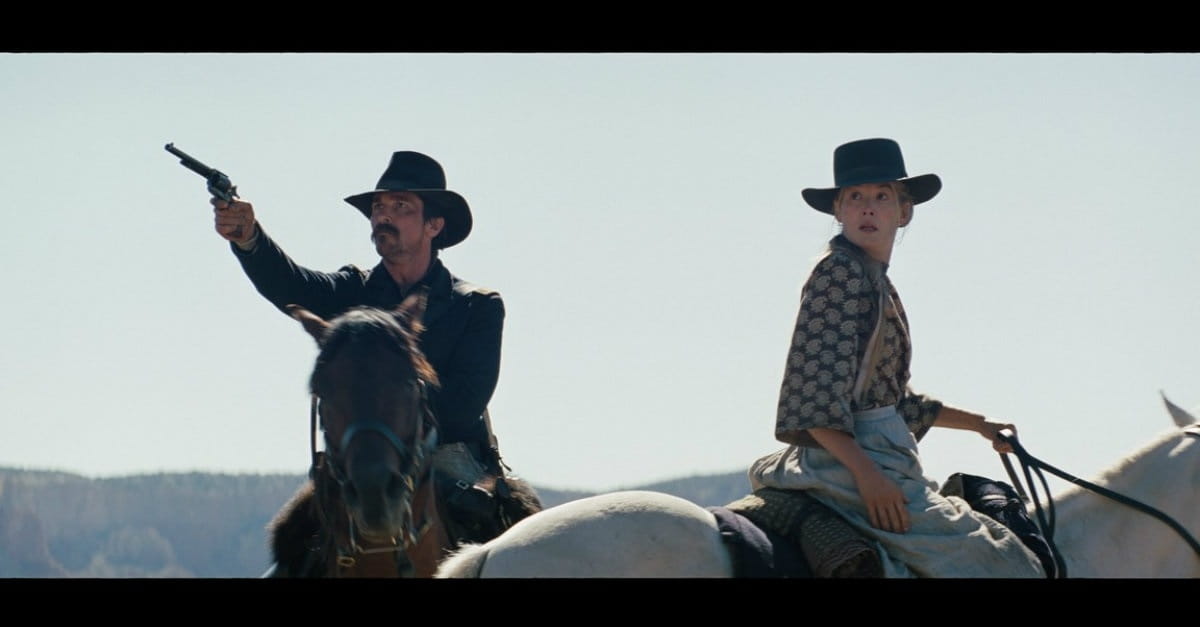Swank Shows Right Stuff in Inspirational Freedom Writers
- Christian Hamaker Contributing Writer
- Updated Oct 14, 2010

DVD Release Date: April 17, 2007
Theatrical Release Date: January 5, 2007
Rating: PG-13 (for violent content, some thematic material and language)
Genre: Drama
Running Time: 123 min.
Director: Richard LaGravenese
Actors: Hilary Swank, Patrick Dempsey, April L. Hernandez, Scott Glenn, Mario, Hunter Parrish
Last April's Akeelah and the Bee told an uplifting story of a young African American pursuing academic achievement. Funded by Starbucks and helped by a few outstanding performances, the movie had all the ingredients to draw viewers young and old, black and white. Nevertheless, two months after its release, Akeelah and the Bee had completed its theatrical run, grossing less than $20 million.
This year's Freedom Writers may follow a similar trajectory. It opens on Jan. 5 — a graveyard slot for troubled films that weren't good enough to push during the lucrative Christmas/New Year holiday. The studio (in this case, Paramount) can quietly fulfill theatrical obligations before shuffling the title off to its video afterlife.
Don't let that happen to this film.
Although it doesn't reach the peaks of Akeelah and the Bee in its acting, and goes a bit too far in its sermonizing, "Freedom Writers," inspired by a true story, is a fine, uplifting tale of an idealistic young woman and the hope she instills in her students.
Hilary Swank stars as Erin Gruwell, a white teacher who takes on a freshman English class in Long Beach, Calif., not long after the L.A. riots. Filled with Asians, Latinos and African Americans, the class is unruly and contemptuous of Gruwell. One student, Eva (April L. Hernandez), explains that white people always want respect that they haven't earned. "I hate white people," she says, bluntly.
Gruwell's students will challenge her repeatedly, but she won't back down. When one student speaks of the supposed honor associated with ethnic warfare to the point of death — "When you die for your own, you die with respect," she says — Gruwell fights back with language designed to point out the futility of such a view: "When you die, you're going to rot in the ground. People are going to forget about you."
Such a view is disturbing from a Christian perspective, and yet it's correct: Our souls live on, but our bodies decay until the Resurrection. Gruwell, however, isn't concerned with the hereafter but with the here-and-now, bracingly confronting the mindset that sees racial strife and killings as honorable.
When one student draws a picture with exaggerated features of a black student, Gruwell seizes the moment to make a comparison to Nazi tactics. However, she is shocked to discover that her students are unfamiliar with the Holocaust.
At this point, the film moves away from its Stand and Deliver motivational approach to become a civics lesson of sorts. Gruwell uses her own money to buy copies of Anne Frank: The Diary of a Young Girl for her students, getting around her condescending boss (Imelda Staunton), who refuses to entrust any books to the students.
Gruwell also encourages the students to keep a journal, which she promises to read without grading. Her efforts bear surprising fruit, as the students share the horrors of their day-to-day lives, in which death is never far from the door. The students' future writings would lead to the publication of The Freedom Writers Diary, which inspired the film.
In an effort to further develop her students' newfound interest, Gruwell takes her class to the Simon Wiesenthal Center, where they learn about the atrocities committed against the Jews during World War II. Eager to hear more, the students find a way to raise the funds necessary to fly Miep Gies — the woman who hid Anne Frank — to the United States, where she speaks to the class. Though this section of the film feels like a lecture at times, it includes more than one moment of emotional power.
Gruwell's passion for her students takes a toll on her personal life. After being warned by her father (Scott Glenn) not to accept the job, she takes so much of the responsibility for her students upon herself that it harms her marriage. The outcome of the husband-wife relationship is troubling, but somewhat offset by the gradual transformation within Gruwell's father, who eventually concedes that he was wrong. "You have been blessed with a burden … and I envy you that," he tells her, approvingly. It's one more poignant moment in a movie that, unexpectedly, has several.
The film alternates its viewpoint from that of the white teacher to those of multiple students. Although the transitions are a little jarring, the shifts aren't difficult to follow. The differing viewpoints also give the film some cover from charges that it, like so many films in the late 1980s and early 1990s, tells its tale of hope for minorities through the eyes of a white protagonist.
But hope prevails in Freedom Writers, an uplifting tale about the transforming power of literature and the dedication of those "blessed with the burden" of helping students discover it.
CAUTIONS:
- Language: Lord's name taken in vain; multiple profanities; sexual innuendo; racial epithets
- Violence: Multiple shootings; vandalism; a student reaches for a concealed weapon; student fisticuffs; descriptions of the Holocaust; a child is struck with a belt; a child accidentally shoots himself; footage of violent racial protests.
- Sex/Nudity: A lingering shot of a woman's backside.
- Drugs/Alcohol: A husband and wife drink wine.
- Other: Scenes of exuberant celebration include dancing; a woman must choose between her husband and her professional calling.

.jpg)












